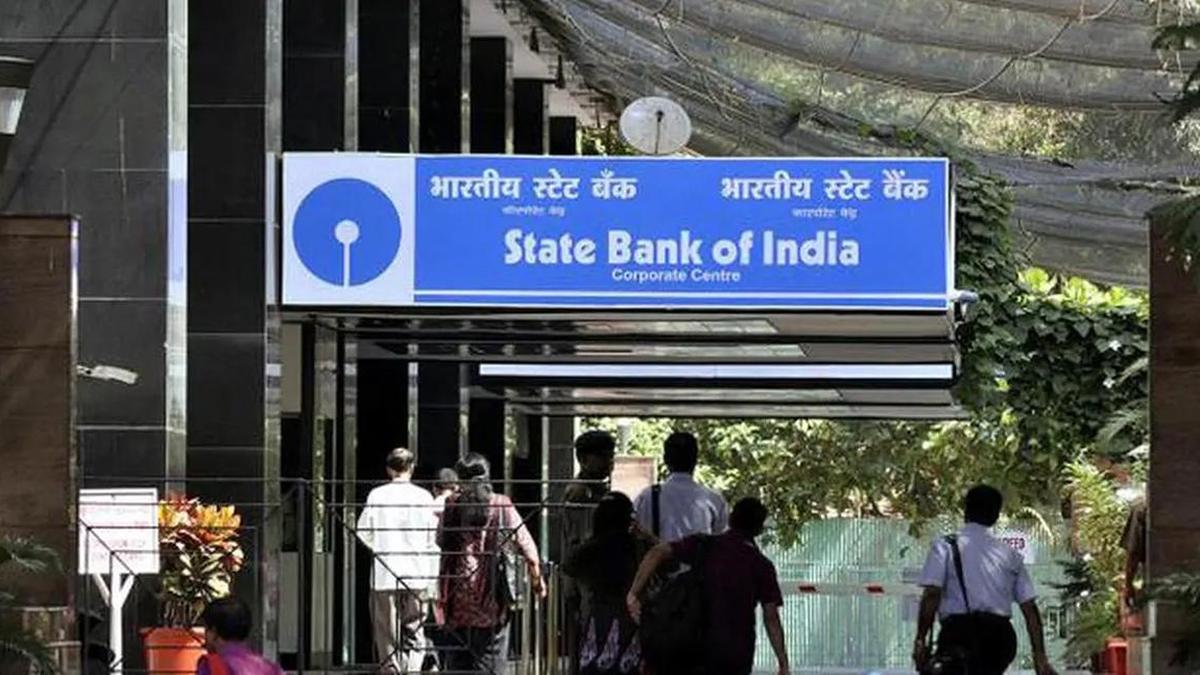To encourage innovation, SBI has developed a sandbox and an innovation hub, opening access to nearly 300 APIs (Application Programming Interfaces) that allow fintechs to test and integrate their solutions with the bank’s systems
| Photo Credit:
KSL
State Bank of India (SBI) will complete modernisation of its core-banking infrastructure within the next two years as part of its plan to re-architect its core systems for greater agility and scale, according to Ashwini Kumar Tewari, Managing Director (Corporate Banking & Subsidiaries).
India’s largest bank is also building a private cloud infrastructure to ensure scalability while maintaining regulatory compliance and data security.
Tewari emphasised that the bank’s roadmap to transform its legacy systems involves a four-axis strategy — upgrading its hardware, migrating from Unix to Linux, hollowing out the core by externalising functions such as vendor and government payments, and introducing microservices for operations like inquiries and accounting.
“We are modernising as we run the ship. Our systems must always remain on and available to customers,” he said at the Singapore Fintech Fest.
Innovation hub
To encourage innovation, Tewari noted that SBI has developed a sandbox and an innovation hub, opening access to nearly 300 APIs (Application Programming Interfaces) that allow fintechs to test and integrate their solutions with the bank’s systems.
Along with agility, convenience, intuitiveness, interface, security and compliance, the ability to meet the scale of SBI’s operations is a crucial parameter for fintech onboarding, he added.
The SBI MD highlighted that the bank is deploying agentic AI through a fintech partner to verify trade finance documents such as guarantees and letters of credit, helping both internal teams and customers achieve faster, more accurate processing. He noted that AI applications are also being explored in areas like service ticket resolution and document analysis to enhance operational efficiency.
Published on November 13, 2025
